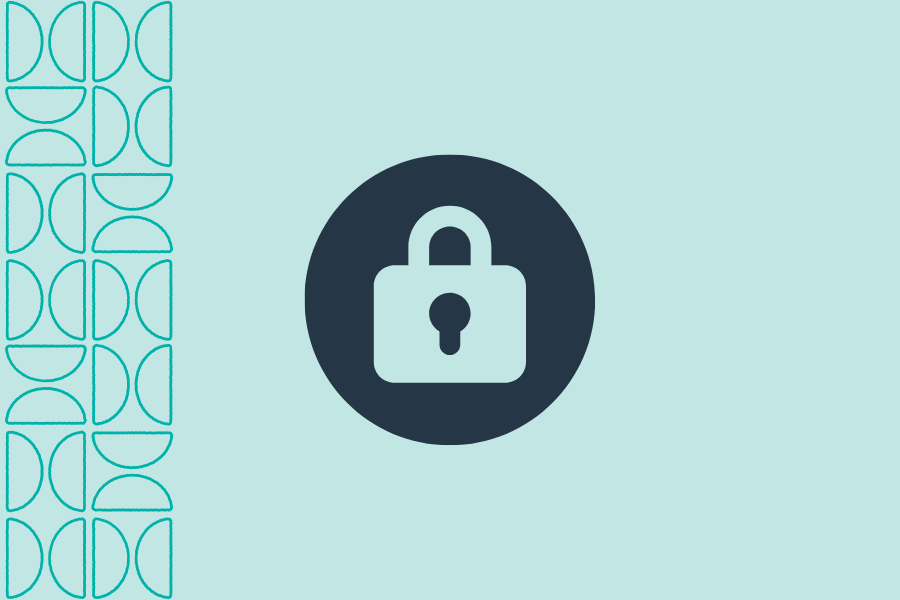Resources
Resources
Protecting Our Kupuna: What to Know About Elder Fraud

No one deserves to be taken advantage of – but sadly, older adults are often the targets of increasingly sophisticated scams. Criminals use tactics designed to manipulate trust, create urgency, and gain access to money or personal information.
Each year, seniors across the country lose billions of dollars to fraud, often from a simple phone call, email, or message.
Why Older Adults Are Targeted
Scammers often focus on older individuals because they may have savings, own their homes, and maintain good credit. Many are also more likely to be polite and trusting, which makes them appealing targets.
In some cases, victims may feel too embarrassed to report what happened or fear losing their independence. But speaking up and staying informed can help protect not only yourself, but others as well.
Common Scams to Watch For
- Romance scams: Someone pretends to be a romantic interest online, builds trust, and eventually asks for money.
- Tech support scams: A pop-up or caller claims your computer has a virus and offers to “fix” it – for a fee or remote access.
- Grandparent scams: A caller pretends to be a grandchild in trouble and urgently asks for money.
- Government impersonation scams: Scammers pose as IRS or law enforcement officials and demand immediate payment.
- Sweepstakes or lottery scams: You're told you've won a prize but must pay a fee to claim it.
- Home repair scams: Someone offers to do work on your home, asks for payment up front, and never returns.
- Family or caregiver scams: In some cases, fraud comes from someone close to the victim who misuses access or trust to take funds.
How to Stay Safe
Here are a few ways to protect yourself or a loved one from scams:
- Be cautious of unexpected phone calls, messages, or visits from people you don’t know.
- Never share personal or financial information unless you’re sure who you’re dealing with.
- Don’t act under pressure. Scammers often try to create a sense of urgency to rush your decision.
- Keep your devices protected with up-to-date antivirus software.
- Avoid clicking on unfamiliar links or downloading unexpected attachments.
- Use a family password or code word to confirm emergencies.
- Talk to someone you trust if something doesn’t feel right.
What to Do If You Suspect a Scam
If you or someone you know may have been targeted, it’s important to report it. You can file a complaint with the FBI’s Internet Crime Complaint Center at www.ic3.gov.
When reporting, try to include as much information as possible, such as:
- Names and contact details of the scammer
- Dates and methods of communication
- Payment methods and where funds were sent
- A description of what happened
Keep any relevant documentation (such as emails, texts, voicemails, or receipts) if available.
How CPB Helps Protect You
As part of our ongoing fraud prevention efforts, you may be asked a few additional questions when:
- Making a large cash withdrawal
- Purchasing an official check
- Requesting a wire transfer
These extra steps are meant to ensure that your funds are going exactly where you intend – and not into the hands of a scammer. If something seems unusual, our team may check in with you to help prevent potential fraud before it happens.
We Got You
Central Pacific Bank is here to support you and your loved ones. If you have concerns about fraud or want help reviewing your account activity, we’re ready to help. Visit any CPB branch, call us at 808-544-0500, or go to cpb.bank/fraud to learn more.
Stay vigilant. And remember – we will never ask for your confidential account information by phone, email, or text.
Offering expert insights on a variety of topics such as home affordability, small business growth, international economic trends, and digital banking.




 Share
Share



